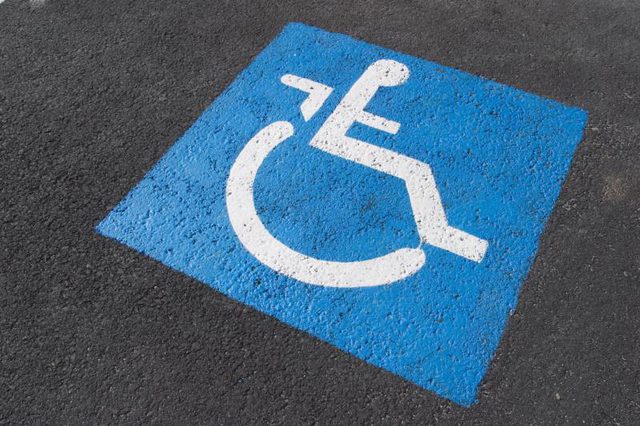 Because your Medicare benefits often require a copayment or may be limited in the amount of coverage per year, a Medicare supplement insurance plan can be purchased to cover the gaps in Medicare coverage. These supplemental insurance plans–called Medigap plans–are available from private insurers. If you are a Medicare beneficiary because you are 65 or older, you are entitled to purchase a Medigap plan. However, if you are under 65 and receive Medicare due to a disability, a Medigap plan may not be available to you. (See Reference 2 – pg. 43)
Because your Medicare benefits often require a copayment or may be limited in the amount of coverage per year, a Medicare supplement insurance plan can be purchased to cover the gaps in Medicare coverage. These supplemental insurance plans–called Medigap plans–are available from private insurers. If you are a Medicare beneficiary because you are 65 or older, you are entitled to purchase a Medigap plan. However, if you are under 65 and receive Medicare due to a disability, a Medigap plan may not be available to you. (See Reference 2 – pg. 43)
Medigap Policy Function
Your basic Medicare benefits include Part A, coverage for hospital expenses, and Part B, coverage for outpatient medical services; however, your benefits come with limits and copayments. For example, although Medicare Part B covers diabetes supplies and services such as blood sugar test strips and monitors, in 2010 you will have to pay 20 percent of whatever amount Medicare approves. Also, there are limits on how often or how much of these supplies you will get per year. (See Resource p. 15) Medigap policies are supplemental insurance plans that provide coverage for your portion of these expense and provide coverage for things that Medicare may not cover. (See Reference 1)
Disability and ESRD
If you are under 65 and receive Medicare benefits due to a disability or End-Stage Renal Disease (ESRD), you may not be able to purchase a Medigap policy. Although insurance companies are required by federal law to sell Medigap policies to people over 65, there is no such law regarding people under 65 receiving Medicare. Also, even if a Medigap policy is available to you, insurance companies are permitted to use medical underwriting criteria, such as a pre-existing condition, which means you could be paying more for the same Medigap policy offered to someone over 65. (See Reference 2 – pg. 43 and 44)
State Variations
Despite the lack of federal requirements, 27 states do have laws requiring insurance companies to offer Medigap policies to Medicare beneficiaries under 65. However, the laws among these states vary. For example, California and Massachusetts require Medigap policies to be offered to disabled persons under 65, but not to those suffering from ESRD. One state, Delaware, requires Medigap policies to be offered only to ESRD sufferers under 65. In addition to these variations, some companies offer Medigap policies to those under 65 on a voluntary basis. (See Reference 2 – pg. 43 and 44)
State Health Insurance Counseling and Assistance Programs (SHIPs)
Because the availability of Medigap plans to Medicare beneficiaries under 65 is so varied from state-to-state, the best way to obtain information on what may be available to you is to contact your State Health Insurance Counseling and Assistance Programs, also known as SHIPs. Each state’s program is designed to answer all your Medicare-related questions, including such questions as the availability of Medigap plans, what these plans can do for you and how to choose a plan. The Medicare website has a link to all state program websites or you can call 1-800-MEDICARE (1-800-633-4227) to find the telephone number for your state’s program. (See Reference 2 – pg. 49 and 50; and Reference 3)
Open Enrollment at 65
If you’ve been receiving Medicare benefits before turning 65, you will have an open enrollment for Medigap plans when you reach 65. Even if you were already able to obtain a Medigap policy, you will have more policies to choose from and be able obtain a lower premium. Insurance companies cannot refuse to sell a Medigap policy to you during the open enrollment period, nor can you be charged a higher premium than others who are 65. (See Reference 2 – pg. 18)
Originally published by Livestrong – Read More

 (804) 673-6676
(804) 673-6676


